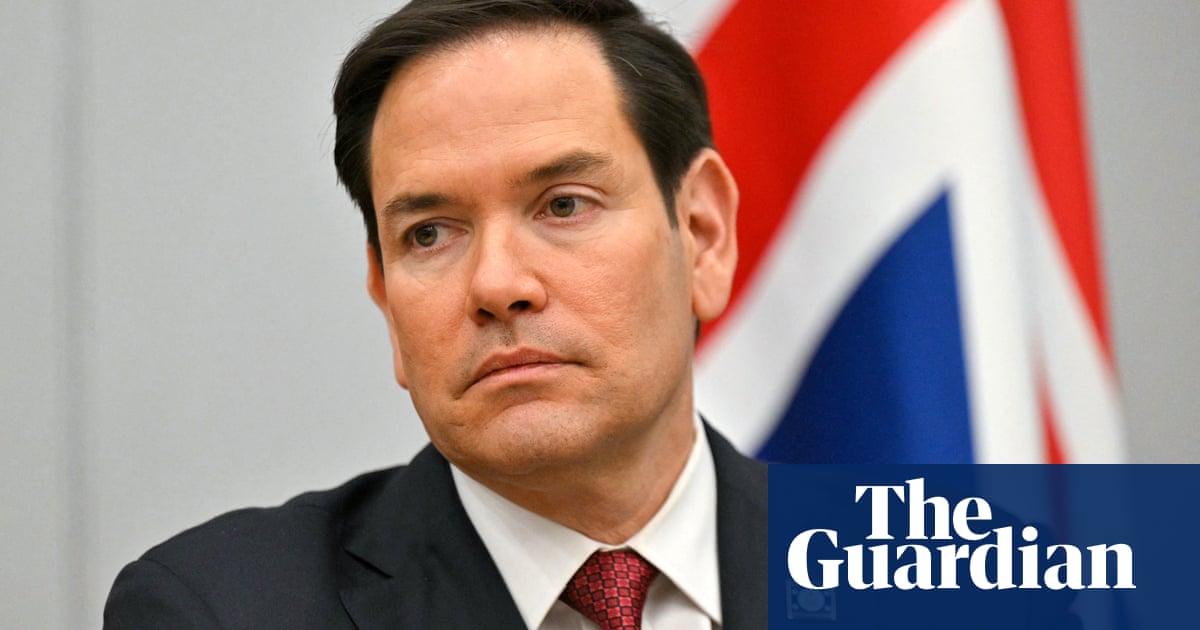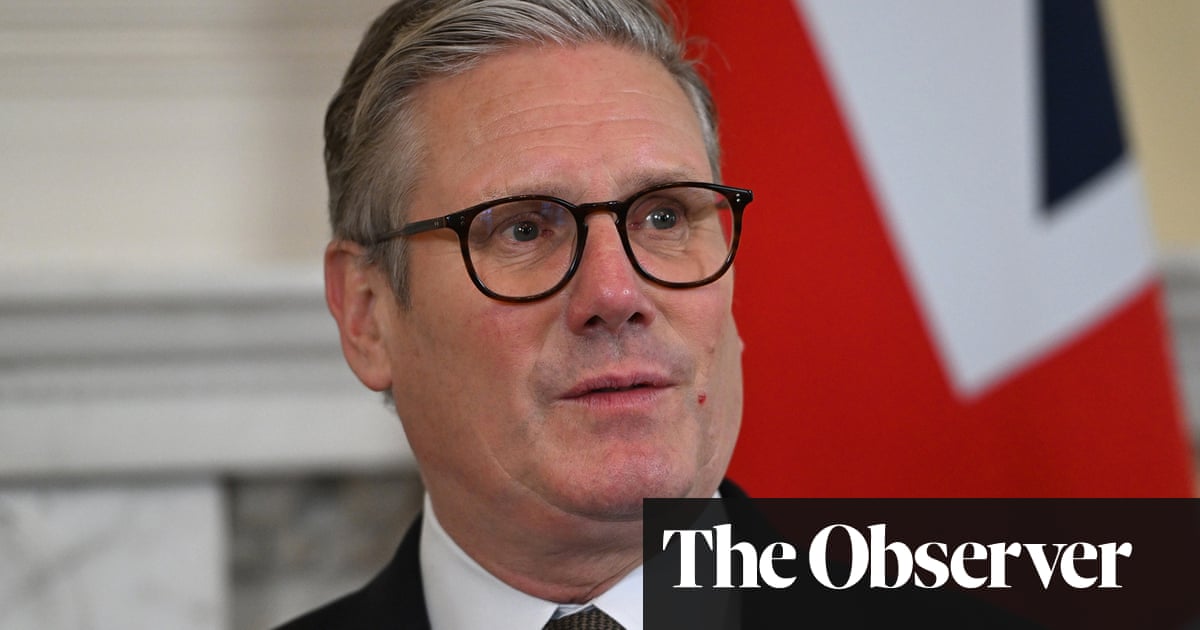Critics of Rachel Reeves are enjoying another a “told you so” moment. It was never realistic, they say, to formulate a budget plan with virtually no leeway to accommodate for unforeseen events.
Less than £10bn of headroom on a budget of £1.2tn was asking for trouble. It is clear there are just too many events that could be put on a list of “known unknowns” for a UK chancellor to almost wilfully wish away their potential impact on the economy and the public finances.
One of those was the prospect of Donald Trump winning the US presidency and, once installed in the White House, pulling every lever at his disposal to create the uncertainty, if not chaos, he believes gives the US supreme bargaining power over whatever issue he wants to tackle. The global tariff war unleashed by the mobster-like president last week is a case in point.
At last month’s spring statement, Reeves rejected another opportunity to inject more flexibility into her budget rules to accommodate the almost inevitable swings in economic forecasts that, in turn, affect the public finances.
The Office for Budget Responsibility (OBR), the body that produces independent forecasts for the Treasury, has shown in charts how Reeves is one of the worst offenders since the OBR was created in 2010.
Previous chancellors have tended to leave themselves a bigger buffer to absorb changes to the forecasts. The implication is that they offered more certainty about the direction of travel.
What the OBR’s analysis must ignore, though, is the political imperative behind maintaining a significant buffer in the public finances and why the largest can be traced to George Osborne’s time as chancellor.
Osborne’s agenda was to reduce the size of the state. It meant that a buffer of about £30bn was part of the overall austerity message.
Any chancellor who wants to energise government to boost economic growth, as Reeves wants to do, is going to find it difficult to leave tens of billions of pounds unspent, sitting in a reserve fund, just to accommodate a budget rule, albeit one that is self-imposed.

That leaves the UK in an unenviable situation. Unless the budget rule is ditched, the situation will persist. There is already speculation that the autumn budget will need to raise taxes again to cope with the fallout from Trump’s tariff regime. A 10% tariff might have left the UK relatively unscathed compared with the EU’s 20%, but Trump’s trade war will hit global growth and, with it, the UK’s economic outlook.
A downgrade to the prospects of growth over the next few years will reduce tax receipts and government income.
On the plus side, a slowdown in the world economy means the Bank of England will want to cut interest rates at a faster pace – or at least it ought to. And international investors will lend to governments at a cheaper rate.
A decline in borrowing costs will be a boon for Reeves, who inherited a debt-to-GDP ratio of close of 96%, and little room for manoeuvre after the Liz Truss debacle.
How these cross-currents affect the budget deficit is not clear. Lower growth will increase the deficit, while cheaper debt will reduce it.
Even if the result is a positive number, it leaves businesses to wonder whether there will be higher taxes or not. And what we know about business sentiment is that it is very sensitive to the government’s tax and spending plans.
Most business people don’t like to take risks, whatever they say in public. They want the reassurance of solid government backing for projects that enhance growth.
Investment decisions often take at least five years before they make a return, during which time businesses will want a settled economic outlook. The UK can look back on a disastrous decade of low business investment largely because Tory infighting over Brexit meant the direction of travel was a subject of constant debate.
What can Reeves do? She needs to end the speculation – and soon. Waiting for the next budget creates another six months’ more uncertainty. It also ties the summer spending review to austerity-lite spending limits. If the need to protect welfare payments and for higher defence spending was not enough to justify rewriting the budget rules before the spring statement, surely Trump’s tariffs provide the green light now.
Loosening the deficit rule would allow the government to protect businesses from the worst of the downturn and intervene in industries that are essential to the UK’s independence, such as steel. Cuts to police numbers could be avoided and cash-starved bodies, such as further education colleges, could be given a new lease of life.
Otherwise, there is the prospect of perpetual debate about what more pain each budget will bring, killing consumer and business confidence and the growth the UK desperately needs.

 13 hours ago
8
13 hours ago
8













































